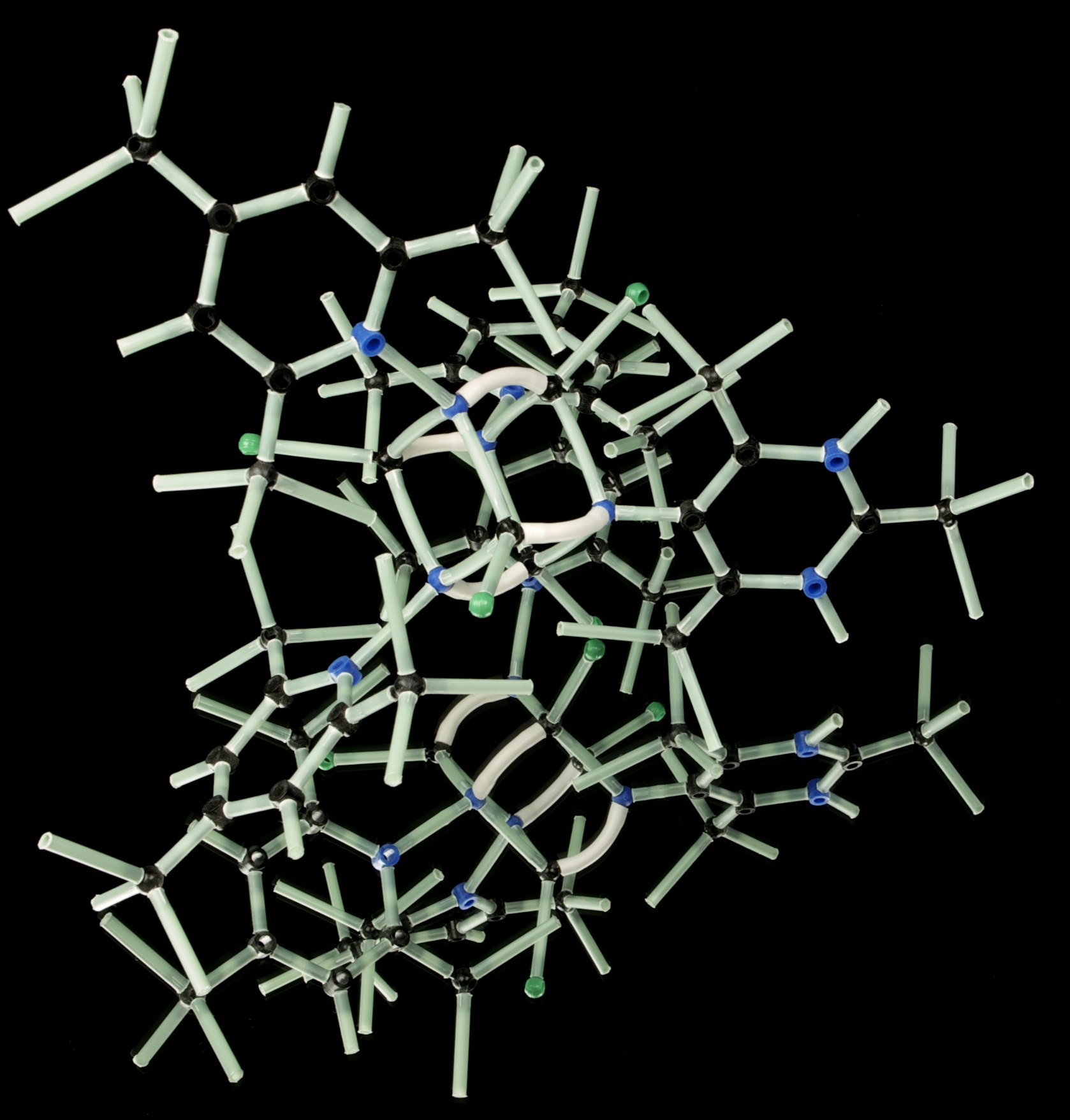What is now known as a "landmark in drug discovery", Harvard chemists have succeeded in synthesizing halichondrin, found naturally in sea sponges and is known to be a potent anti-cancer agent in mouse studies, was first identified 33 years ago.
"At that time, they realized the halichondrins looked exceedingly potent," recalls Takashi Owa, PhD, Chief Medicine Creation Officer and Chief Discovery Officer for Eisai's oncology business group, and a coauthor of the paper. Over time, NCI investigators testing tiny amounts of it recognized that it was affecting the formation of microtubules, which are essential to cell division. "Due to the very unique structure of the natural product, many people were interested in the mode of action, and the investigators wanted to do a clinical study," Owa explains, "but a lack of drug supply prevented them from doing it. So 30 years have passed, very unfortunately, but Prof. Kishi is a pioneer in this field."
In collaboration with the Japanese pharmaceutical company Eisai, researchers have synthesized sufficient amount of E7130, a drug candidate from the halichondrin class, and were able to perform studies on the biological activity of the drug along with pharmacological properties for potential therapies.
"In 1992, it was unthinkable to synthesize a gram-quantity of a halichondrin," says Yoshito Kishi, Morris Loeb Professor of Chemistry, Emeritus, in Harvard's Department of Chemistry and Chemical Biology, "but three years ago we proposed it to Eisai. Organic synthesis has advanced to that level, even with molecular complexity that was untouchable several years ago. We are very delighted to see our basic chemistry discoveries have now made it possible to synthesize this compound at large scale."
The drug is currently being tested Phase I clinical trial in Japan as a novel agent for targeting the tumor microenvironment, under a license from Harvard's Office of Technology Development (OTD) to Eisai.
"The collaboration between scientists at Eisai and Harvard is an example of academia and industry working together successfully to accelerate the development of a new class of therapeutics that may address important unmet medical needs," says Vivian Berlin, Managing Director of Strategic Partnerships in Harvard OTD. "The collaborative spirit and transparency of the relationship contributed enormously to the success of the project."
Source: Harvard University


